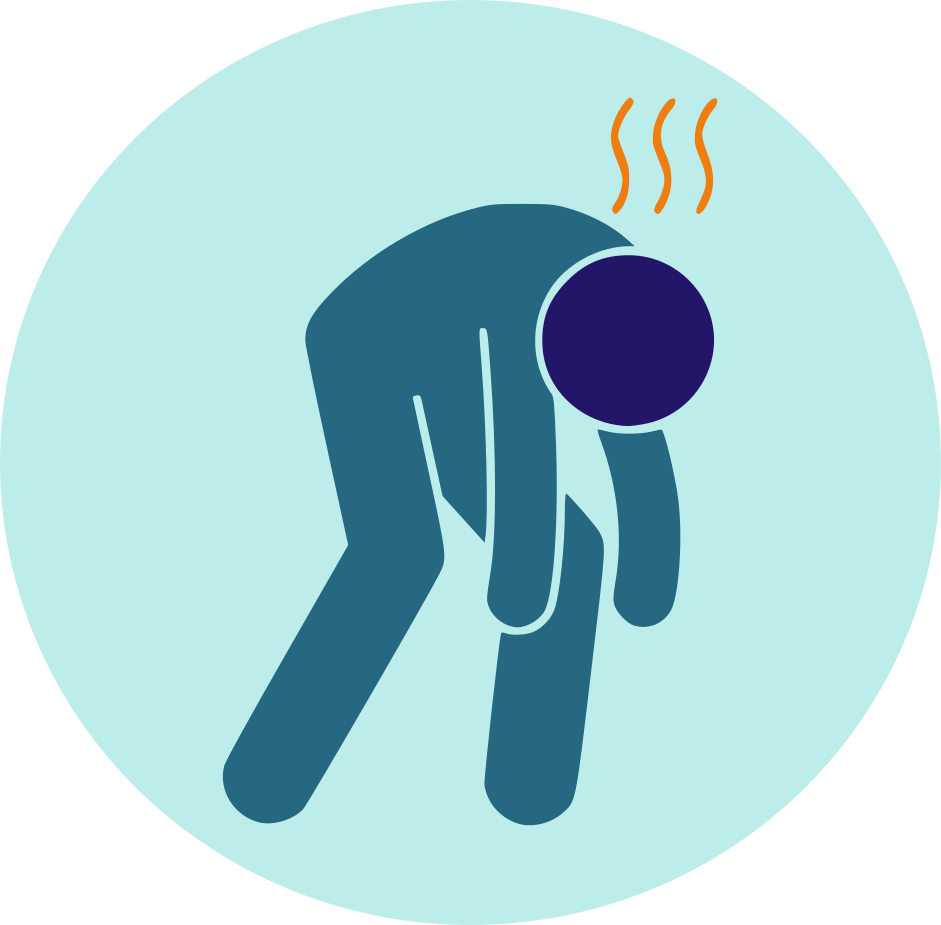| Name | Coenzyme Q10 (Ubidecarenone) |
| Classes |
Nutritional Supplement |
| Diseases |
Angina Cardiovascular Disease Congestive Heart Failure (CHF) Hypertension (High Blood Pressure) |
Coenzyme Q10 (Ubidecarenone)
Coenzyme Q10, also known as ubiquinone, is a naturally occurring compound classified as a dietary supplement. It plays a crucial role in the production of energy within cells and acts as an antioxidant, protecting cells from damage caused by free radicals.
Coenzyme Q10 is commonly used for the following indications:
- Support for cardiovascular health
- Adjunctive therapy for heart failure, angina, or hypertension
- Mitochondrial disorders
- Antioxidant support
- Periodontal disease
The dosage of Coenzyme Q10 may vary depending on the specific product, formulation, and individual needs. It is available in oral capsule, tablet, or softgel form. The recommended dosage typically ranges from 30 to 200 mg per day, taken with meals to enhance absorption. Follow the instructions provided on the product label or as directed by a healthcare professional.
Common side effects include-
- Gastrointestinal disturbances (such as nausea, stomach upset, or diarrhea)
- Allergic reactions (including rash or itching)
- Headache
- Insomnia or sleep disturbances
- Fatigue or dizziness
- Pregnancy and breastfeeding: Limited data is available on the safety of Coenzyme Q10 during pregnancy and breastfeeding. Consult with a healthcare professional before using it during these periods.
- Interaction with anticoagulants: Coenzyme Q10 may interact with certain anticoagulant medications (such as warfarin), potentially affecting blood clotting. Monitor closely if using both medications concurrently.
- Allergy and hypersensitivity: Individuals with known hypersensitivity or allergy to Coenzyme Q10 should avoid its use.
- Surgery: Coenzyme Q10 may affect blood clotting and blood pressure. Inform your healthcare professional about its use before undergoing any surgical procedures.
- Children: The safety and efficacy of Coenzyme Q10 in children have not been well established. Consult with a healthcare professional before using it in pediatric patients.
Contraindication
Coenzyme Q10 is generally well-tolerated, and there are no specific contraindications reported. However, individuals with known hypersensitivity to Coenzyme Q10 or any components of the product should avoid its use.
None known.
None known.
 Bangla
Bangla English
English






